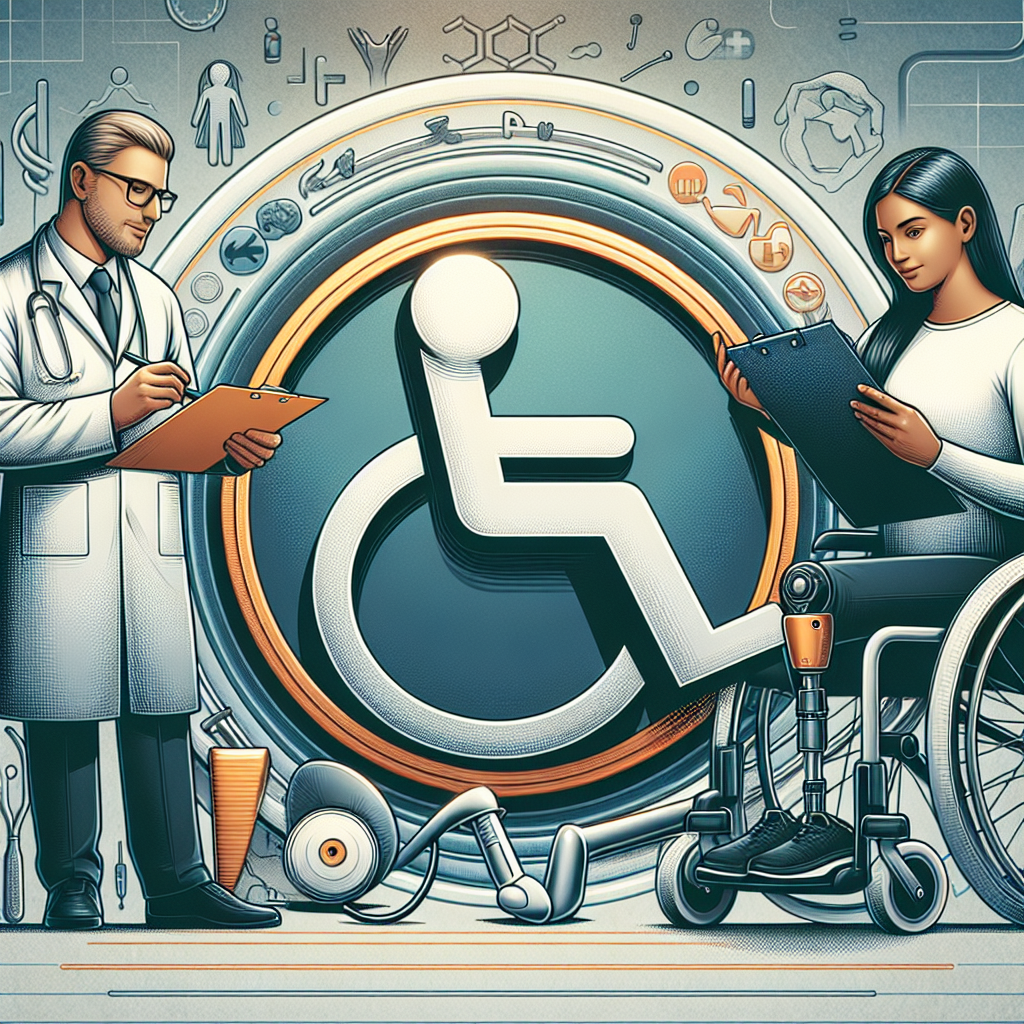Addressing Cancer Care Inequities for People with Disabilities
People with disabilities face disparities in cancer screening and treatment, leading to higher mortality rates. Studies show these individuals have less access to early detection and quality care. To improve outcomes, healthcare systems must tailor preventive measures, ensure accessibility, and involve disabled individuals in decision-making processes.

- Country:
- Australia
Innovative research reveals alarming disparities in cancer outcomes for people with disabilities, highlighting a pressing need for more inclusive healthcare systems. The findings show that these individuals are often excluded from essential screening programs and quality cancer care.
Worldwide, people with disabilities are diagnosed with cancer at more advanced stages, leading to lower survival rates. Despite advances in early detection, these vulnerable groups face challenges accessing life-saving screenings like breast, cervical, and bowel cancer tests. Issues such as inaccessible infrastructure and unsupportive health systems exacerbate this inequality.
To bridge this gap, experts urge healthcare providers to implement tailored public health interventions, enhance accessibility, and involve people with disabilities in health-related discussions. Training for healthcare professionals on the unique needs of disabled patients is crucial to ensuring equitable care and improved outcomes.
(With inputs from agencies.)










